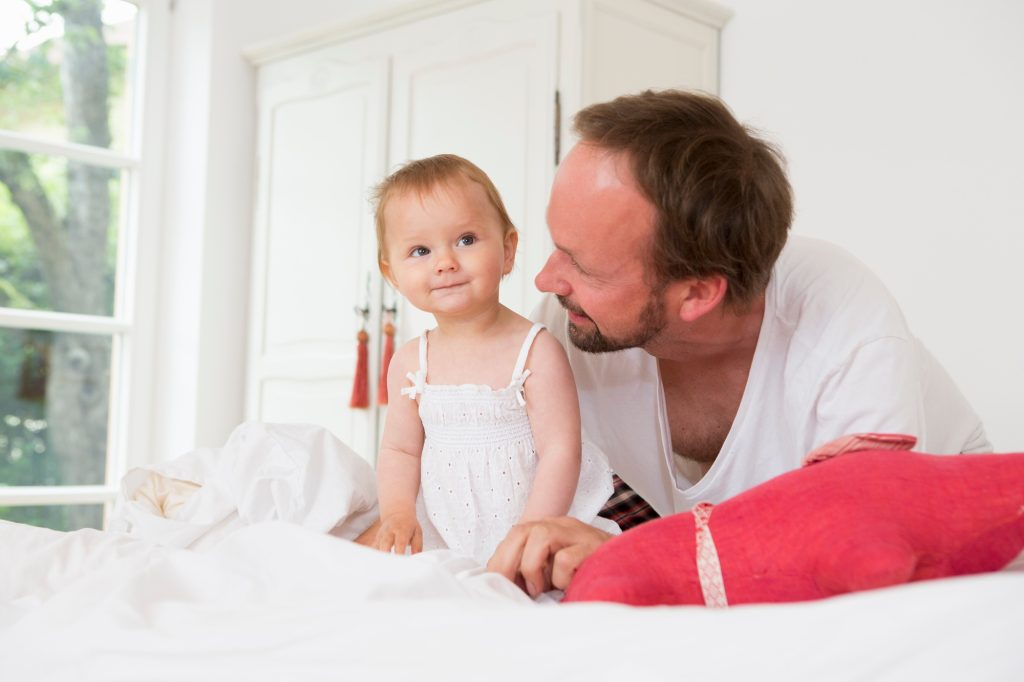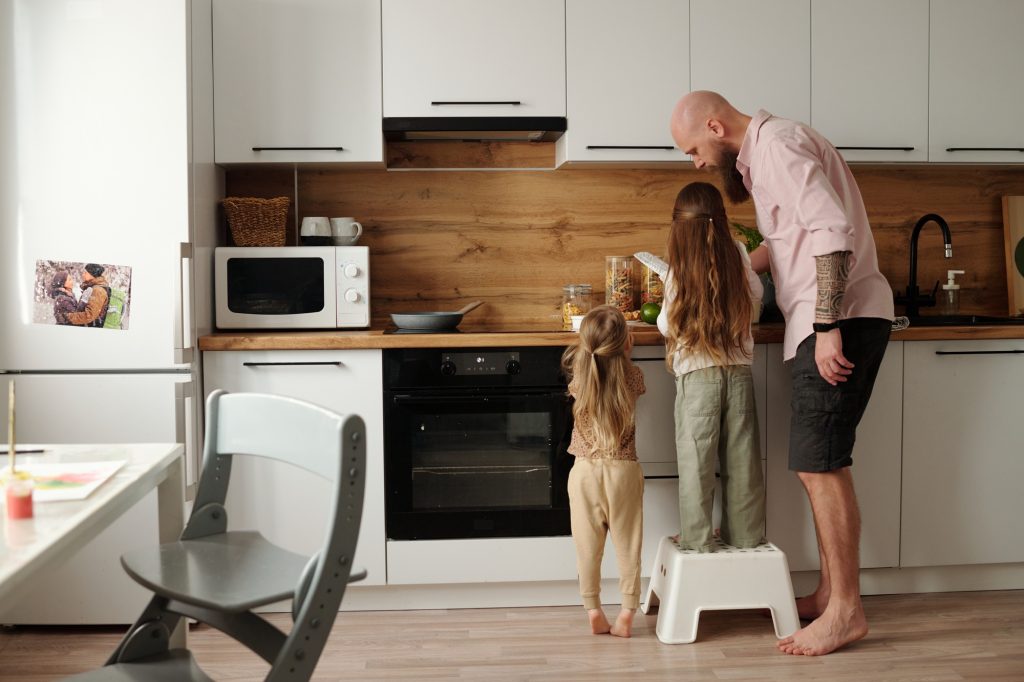
Ever wondered about the true meaning of fatherhood beyond the basic dictionary definition? Let’s dive into this fascinating topic that touches everyone’s lives in one way or another.
Table of Contents
What Does It Mean to Be a Father?
Being a father goes way beyond the simple biological definition. In today’s world, fatherhood encompasses various roles and responsibilities that have evolved significantly over time.
Biological Fathers
The traditional definition starts here – a male parent who contributes to the creation of a child. But even this straightforward concept has been expanded by modern reproductive technologies and changing family structures.
Social and Legal Fatherhood
Many men take on fatherly roles without biological connections. These include:
- Adoptive fathers
- Stepfathers
- Foster fathers
- Legal guardians
- Spiritual fathers or mentors
The Historical Evolution of Fatherhood
The role of fathers has transformed dramatically throughout history. From the traditional breadwinner model to today’s involved co-parent, let’s explore this fascinating journey.
Traditional Roles
Historically, fathers were primarily seen as:
- Financial providers
- Disciplinarians
- Family decision-makers
- Role models for their sons
Modern Fatherhood
Today’s fathers are increasingly taking on more nurturing roles, including:
- Active participation in childcare
- Emotional support
- Educational involvement
- Domestic responsibilities
- Work-life balance management
Impact on Child Development
Research from the American Psychological Association shows that involved fathers significantly influence their children’s development in multiple ways:
- Enhanced cognitive abilities
- Better emotional regulation
- Stronger social skills
- Higher academic achievement
- Improved self-esteem
Types of Father Figures in Modern Society
Present Fathers
These actively involved dads maintain regular physical and emotional presence in their children’s lives. According to the Pew Research Center, modern fathers spend three times as much time with their children compared to previous generations.
Distance Fathers
Whether due to work, divorce, or other circumstances, these fathers maintain relationships through:
- Regular video calls
- Planned visits
- Active involvement in major decisions
- Consistent communication
Absent Fathers
Understanding the impact of father absence helps communities develop support systems. The National Fatherhood Initiative provides resources for reconnecting fathers with their children.
Cultural Perspectives on Fatherhood
Different cultures view fatherhood through various lenses:
- Western emphasis on co-parenting
- Traditional Asian focus on authority and guidance
- African communal parenting approaches
- Indigenous perspectives on extended family roles
Challenges and Solutions in Modern Fatherhood
Common Challenges
- Work-life balance
- Co-parenting coordination
- Changing social expectations
- Financial pressures
- Emotional availability
Practical Solutions
- Flexible work arrangements
- Parenting classes and support groups
- Regular family meetings
- Setting clear boundaries
- Seeking professional guidance when needed
The Future of Fatherhood
As society continues to evolve, fatherhood is experiencing exciting changes:
- Increased paternity leave options
- Growing acceptance of stay-at-home dads
- Technology-enabled remote parenting
- Shifting gender role expectations
Resources and Support
For fathers seeking guidance or support:
- Local parenting groups
- Online communities
- Professional counseling services
- Parenting workshops
- Legal resources
Conclusion
Fatherhood continues to evolve, embracing diverse forms while maintaining its core essence of nurturing and guiding the next generation. Whether biological, adoptive, or chosen, fathers play an irreplaceable role in shaping society’s future.







